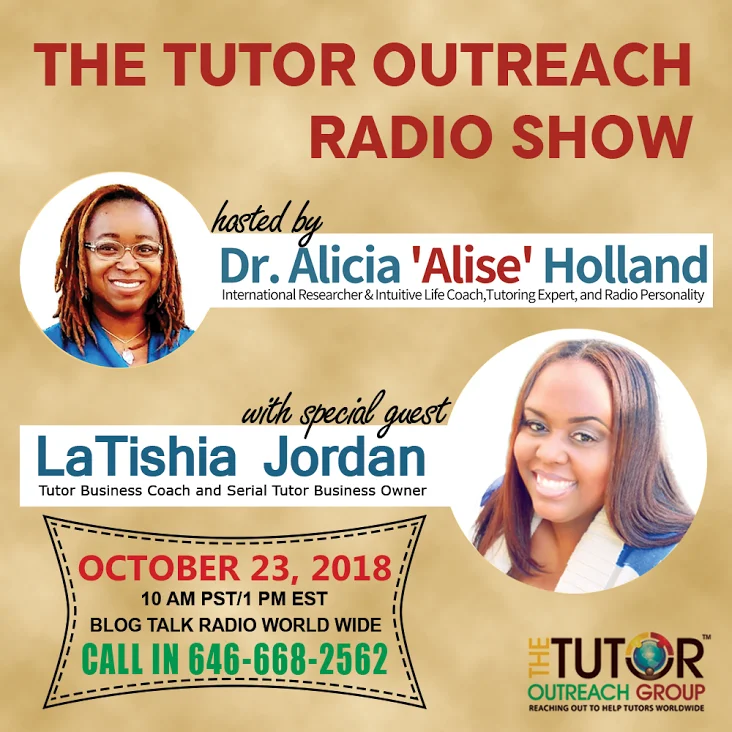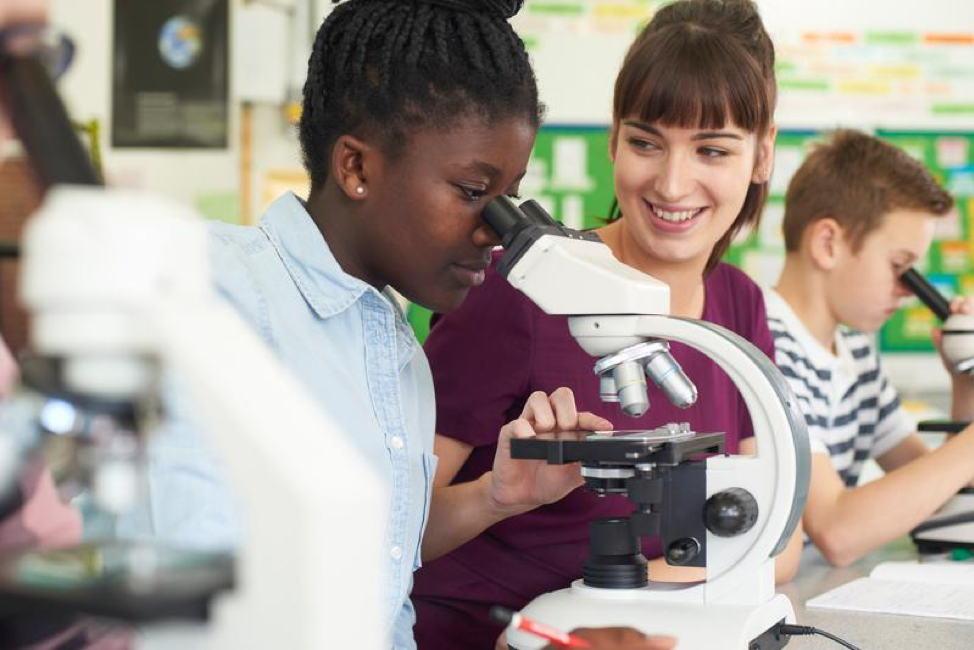
Some people absolutely love writing essays, while others find it to be tedious and painful. If you’re in the latter group, it might be because you have trouble bringing your essays together. They might lack a focus or proper structure. When you figure out the mechanics of an essay, they can be better and much more enjoyable to write. Here are four helpful habits for writing stronger essays.
Have Strong Sources
Great writing starts with great research. You need to select sources that are credible and relevant. They should back up the arguments that you make in your thesis statement (which should close your opening paragraph). Look for ones that can be properly verified, and don’t use Wikipedia as a named source. You also need to learn how to cite properly. Without correct citations, you could seriously compromise your grade.
Source: Elite Editing | Where to Find Credible Sources for Your Research Paper
Know What Kind of Essay to Write
Essays tend to generally fall into four categories: persuasive, narrative, expository, and descriptive. Be clear on what the difference between each type is and how to ensure your essay flows properly. A persuasive essay shouldn’t suddenly become a narrative, and a narrative essay shouldn’t suddenly become persuasive. Take the time to read examples of essays of each type to get a better understanding. You want anyone who reads your essay to be clear on what your intentions are and what the focus is meant to be.
Source: Word Counter | The 4 Different Types of Essays
Quote Correctly
Once you have your sources, you need to figure out how to quote them properly. Don’t just throw in quotes in order to pad out your word count. Instead, use the quotation sandwich method. This means introducing an expert, delivering their quote, and then elaborating on the significance of their statement as it relates to your essay. Quotes are intended to strengthen your essay.
Source: College of Western Idaho | The Quote Sandwich
Recognize Counter-Arguments
One of the main purposes of an essay is to make an argument and back it up. Your thesis statement serves as your argument. To show the power of your arguments, you need to acknowledge the opposing side. Bring up counter-arguments, and then use other evidence to further assert your points.
Writing essays should be embraced, as it’s your opportunity to express yourself. While you still need to have supporting documents and other evidence, you can still showcase your unique voice. Remember to start on all your essays early and to revise them as much as necessary.
If you’re looking for better ways to improve your tutoring, and want to increase the reach of your tutoring business, make sure to see how we can help! We have a robust teaching network of tutors who are all trying to help students learn better.






Recent Comments